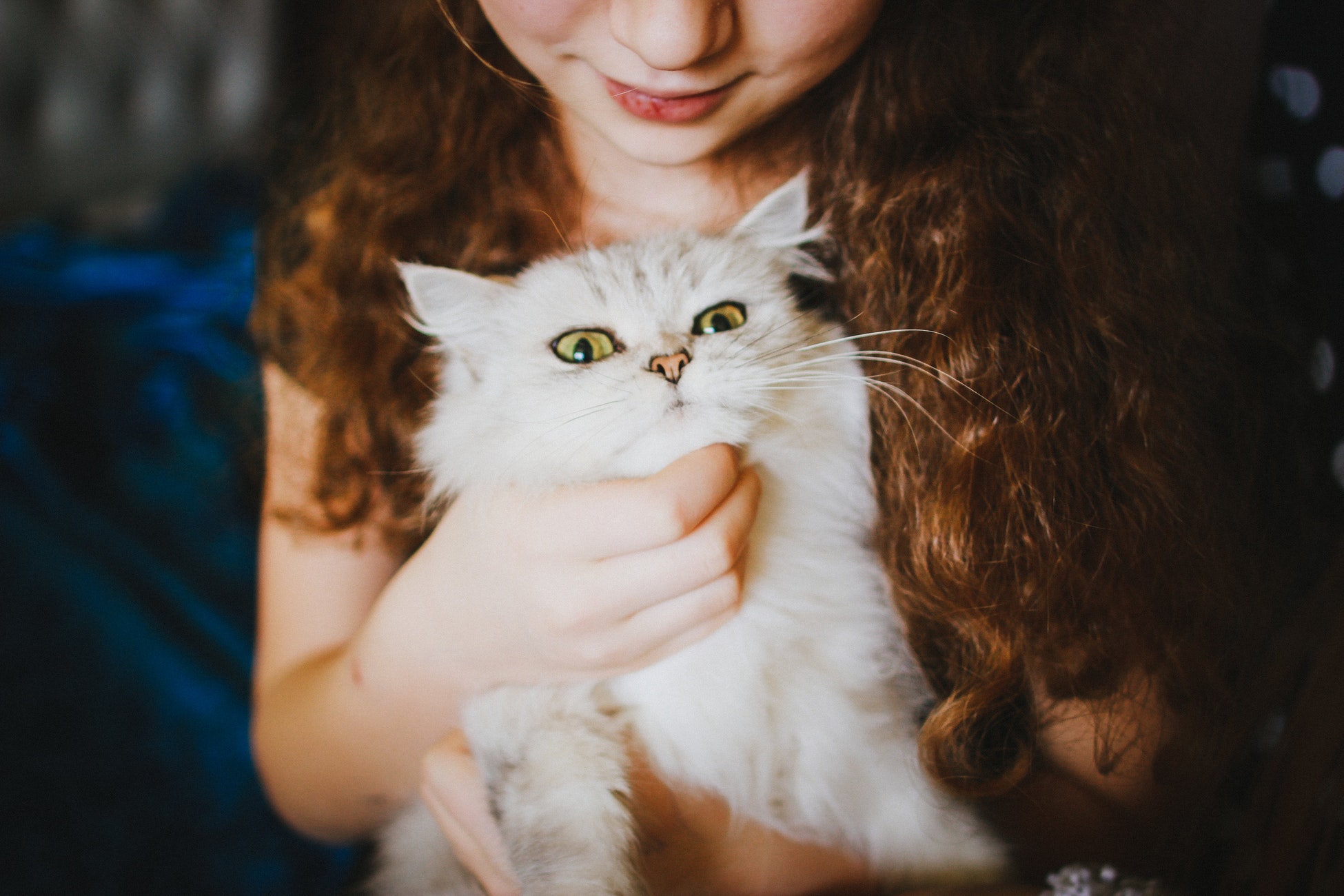
Not many owners have the luxury of being with their pets all the time and in many cases, this is not necessary at all. Dogs can be alone for a while (if the animal is well trained) if you go to work or go shopping. Cats, on the contrary, can stay alone for much more time, for example, when you go on vacation. But it’s important that you leave the house safe and well-prepared for them. With these 8 tips, you can leave your pet as safe as possible!
1. Don’t leave any small objects
Remove small toys and other problem objects where your pet can’t reach them. Of course, it can keep them busy, but with these kinds of little things, there is a chance that they can choke if you are not there. When you’re not at home, leave only large toys such as feed balls/puzzles for cats.
2. Electrical devices
Nowadays, people have more and more modern technology. However, not everything goes wireless. That means that many wires can pass through the house. Most dogs or cats will ignore these, but young dogs, for example, sometimes want to take anything in their mouths.
Cat owners with beautiful electric hobs should lock them when they go out because the hob can accidentally turn on if the cat jumps on it and walk around. It’s even better to put a dishcloth on it, for example.
3. Clean all waste or rubbish
Make sure you don’t leave any rubbish or waste. Before you leave, throw away the garbage bag or make sure that they absolutely can’t get to it, because if they smell something nice, they will squeeze themselves in all sorts of corners to get to it.
Both dogs and cats find this very interesting, and we often encounter situations in which the waste bag with everything in it lies throughout the room. It can be very dangerous, they can accidentally eat plastic or small bones etc.
4. Warm weather
Some old houses stay nice and cool in the summer. But on hot days, keep in mind that the temperature can rise and your pet can be unable to handle the heat well.
Do you have a house where the sun shines almost all day long? Then think about closing some curtains, or open a window, but with a mosquito net installed so that your pet won’t jump out.
5. Close kitchen cabinets
Is your pet not allowed somewhere? Such as the bedroom? Then close the doors properly and lock them if you have a lock! Also, you should lock kitchen cupboards and closets with food, because once your pet realises how to open something, there is no stopping it.
6. Use some help when you leave
Are you leaving your house for a longer period than your pet is used to and/or can handle? Then it is nice to have a backup from, for example, a professional pet sitter who can help you with the care of your pet. This ensures, for example, that your dog is walking and that your cat receives its food and medication at the right time. You can also use devices like pet feeders or litter robots. If you want to learn more about such a solution, you can read litter robot 3 open air review. This way, you will be able to choose the best option for your beloved pet.
7. Remember that your cat doesn’t have 9 lives!
Cats are not always as independent as you might think, they sometimes do the weirdest things and, as a result, sometimes they end up in dangerous situations. Make sure you take a good look around your house to see if they can get stuck somewhere:
- such as behind / under the kitchen and/or the refrigerator
- close the fireplace
- shut toilet lid sounds crazy but they can fall into the pot and get stuck
- don’t open windows
8. Some dogs are naughty
Some dogs are really little angels when they are left alone at home, they go to sleep and wake up when you return. They can walk through the entire house without touching anything and can enjoy themselves with a safe toy.
Unfortunately, not all dogs are like that and there are always crooks among dogs who want to enjoy themselves with the stuff in your house. These are some tips to prevent unpleasant situations when you get home:
- let your dog out before you leave
- take care of distraction: a large and interesting toy can keep them busy for hours
- reduce the space and make sure they can’t break anything inside. This does not have to be sad for them, they might see it as a nice place of their own!
Conclusion
As you can see, it’s important to learn your puppies from the beginning and step by step. You can ask your veterinarian or puppy trainer for advice, read courses and books that use reward / positive training / positive reinforcement. We hope that now you know what to do before you leave your pet for a longer period of time.



